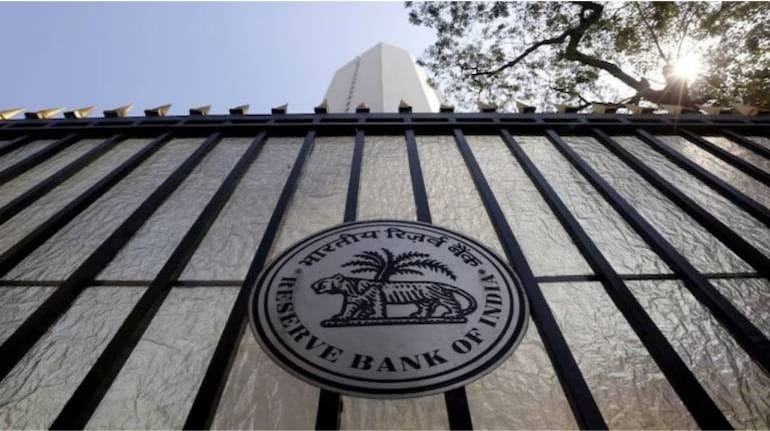



The recent regulatory action by the Reserve Bank of India (RBI) on some fintechs and non-banking financial companies (NBFC) could be due to concerns over asset quality, risk management, and credit underwriting standards, experts told Moneycontrol.
Over the past few months, the central bank has imposed restrictions on various companies, including Paytm Payments Bank, IIFL Finance, JM Financial, Bajaj Finance and M&M Finance. Industry experts and veterans opined that the RBI may have been alarmed by the aggressive growth in the unsecured loans of some entities.
"There could be some asset quality worries that the RBI would have seen mostly after the jump in unsecured lending by these entities. They (RBI) impose monetary penalties which these entities pay and get off with. Hence, the strict restrictions could be due to concerns over the risk management by the entities," said Shymala Gopinath, former Deputy Governor, RBI.

Additionally, Aseem Dhru, Chief Executive Officer and Managing Director of SBFC, a fintech, said regulators keep highlighting concerns and issues to companies. "The RBI has been proactively watching this financial space and it is clearly saying that we are not just watching and punishing, but we will come down heavily on anything that is not in line," Dhru said.
RBI's regulatory hammerOn March 5, the central bank barred JM Financial Products from issuing loans against shares and debentures, including sanctioning and disbursing loans against the Initial Public Offering (IPO) of shares. In addition, some media reports said the Securities and Exchange Board of India (SEBI) will soon come out with an order on JM Financial Products for its alleged role in inflating its IPO price.
A day earlier, RBI asked IIFL Finance to stop sanctioning or disbursing gold loans with immediate effect, noting "supervisory concerns" in the company's gold loan portfolio.
On January 31, the RBI imposed business restrictions on Paytm Payments Bank, citing repeated violations of norms and non-compliance with multiple rules. And on November 15, the RBI directed Bajaj Finance to stop sanctioning and disbursing loans under its two lending products, ‘eCOM’ and ‘Insta EMI Card’, with immediate effect.
Gopinath said that post the global financial crisis in 2008, RBI's focus has been more on strengthening supervision. "During the pandemic, there were a lot of complaints from borrowers about some fintechs and digital lenders. Some borrowers even committed suicide. Hence, there is a pattern in the actions of the RBI," Gopinath said.
Discover the latest Business News, Sensex, and Nifty updates. Obtain Personal Finance insights, tax queries, and expert opinions on Moneycontrol or download the Moneycontrol App to stay updated!
Find the best of Al News in one place, specially curated for you every weekend.
Stay on top of the latest tech trends and biggest startup news.